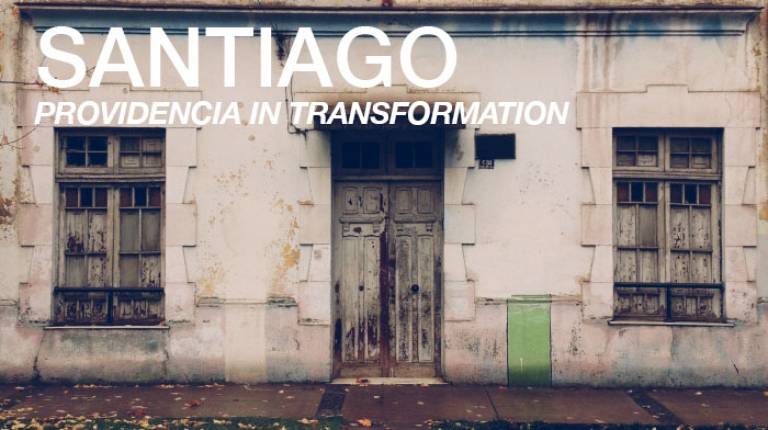In collaboration with MPUR Pontificia Universidad Católica de Chile, and Ilustre Municipalidad de Providencia.

Barrio Italia is located in the southwest of Providencia, a wealthy district in central Santiago de Chile. It was built mainly at the beginning of the 20th century, and has a rich architectural heritage. Historically, it has been one of the poorest areas of the district, seeing a concentration of elderly, furniture makers and craftsmen as well as degraded infrastructure.
The last 10 years however has witnessed, a process of transformation with many young designers moving to the area, and a process of branding started, promoting existing commercial activity and local identity. Since last year, a private initiative called “Factoría Italia” is building a new cultural centre at the heart of the neighbourhood spearheading transformation that is bringing resources and renovation to the area, but also many uncertainties for local residents and older communities.
Working in this central neighbourhood of Santiago, the summerLab looked at the challenges facing citizens, organisations and authorities alike. It addressed processes of gentrification, increased connectivity, and socio-spatial change with a focus on the role of urban design and mobility infrastructure.
Lecture inputs have introduced the context and topics explored while in-situ activities included investigations of the area, interactions with different actors, and socio-spatial mapping exercises.
The aims of the workshop were to understand the complexity of transformations taking place in Providencia, and the role that urban design and mobility infrastructure can play in such a process. Recognising physical and social relationships and the impact they have on transformation, we explored the multiple dimensions of urban design as part of contested processes and relations which are dominated to various degrees by diverse actors with contrasting voices and agendas.
These explorations yielded a diversity of possible responses for a more sustainable transformation of the area, in terms of social, economic and environmental development set against embedded political milieus.
 Close
Close

